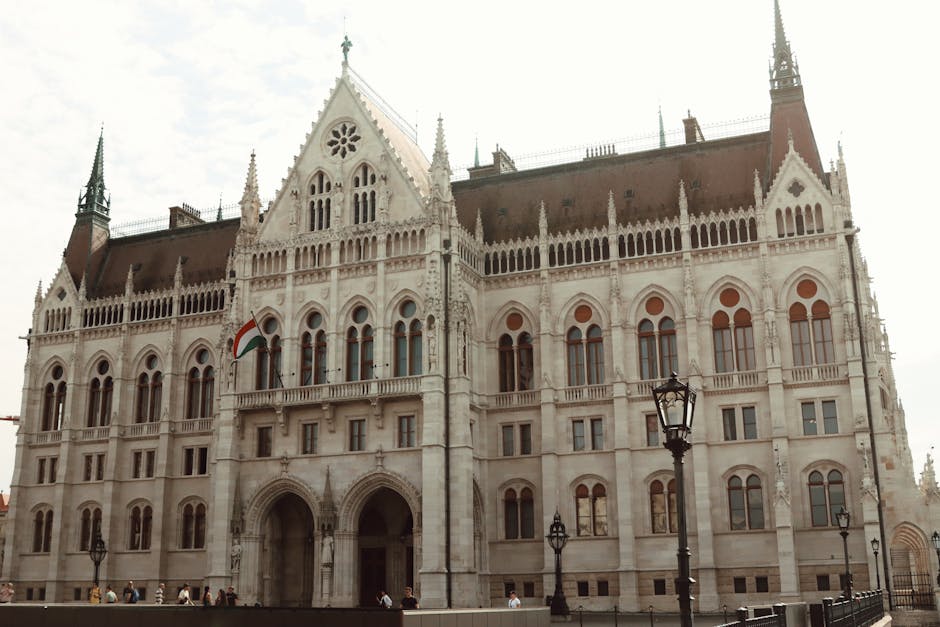Political ideologies, the bedrock of governance and societal structures, are rarely static. Instead, they are dynamic entities shaped and reshaped by the interplay of diverse forces, among which historical events stand out as particularly potent catalysts. These events, ranging from revolutions and wars to economic depressions and social movements, leave an indelible mark on the collective consciousness, influencing the formation of individual and societal political views. Examining the intricate relationship between historical events and political perspectives reveals a nuanced understanding of how past experiences mold the present and future.
The imprint of significant events is evident across numerous political landscapes. Consider the French Revolution, a period of radical social and political upheaval. The excesses and failures of the ancien regime, coupled with the ensuing Reign of Terror, deeply impacted French political discourse. Subsequent political ideologies, from liberalism to conservatism, can be traced back to this historical juncture. Those who experienced the revolution’s struggles and triumphs often adopted political viewpoints reflecting their particular experiences and the prevailing atmosphere. For example, experiences with radical change fostered a strong distrust of unchecked governmental power and an embrace of individual rights among some.
Similarly, the American Civil War, a conflict fought over deeply entrenched societal divides, continues to shape American politics. The war’s legacy of racial inequality, economic disparities, and the struggle for federal power profoundly influenced the development of political ideologies surrounding issues like civil rights, states’ rights, and economic policy. The impact can be seen in the ongoing debates surrounding race relations, social justice, and the balance of power between the federal government and individual states. These discussions are rooted in the historical experience of conflict and the subsequent societal struggles for reconciliation and equality.
Moreover, economic downturns like the Great Depression had a profound effect on shaping political views globally. The widespread poverty, unemployment, and social unrest triggered a re-evaluation of existing economic models and fostered a greater acceptance of government intervention in the economy. This experience contributed to the rise of social democratic and socialist movements in various parts of the world, as well as strengthening the hand of those who advocated for government-led solutions to economic hardship. The long-term impact was a shift in political thought towards considering the role of the state in ensuring economic stability.
Another crucial factor influencing political perspectives is the emergence of transformative social movements. The women’s suffrage movement, for example, fundamentally altered the political landscape, leading to the enfranchisement of women and changing societal expectations regarding gender roles. This historic struggle influenced the development of feminist political thought and further shaped subsequent discussions on gender equality and women’s representation in politics. Similarly, the Civil Rights Movement in the United States highlighted the persistent issue of racial inequality and injustice, leading to the adoption of civil rights legislation and fostering a renewed focus on social justice issues. These movements profoundly affected political thought and spurred long-term reforms, illustrating how historical struggles can become the driving force behind progressive change.
The influence of historical events extends beyond national boundaries. Consider the impact of World War II on the development of the European Union. The devastation and loss of life experienced during the war created a powerful impetus for reconciliation and cooperation among nations, leading to the formation of institutions dedicated to maintaining peace and promoting economic integration. The historical experience of conflict motivated a desire to prevent such catastrophes from occurring again, shaping the geopolitical landscape and influencing the development of international relations theory and practice.
The role of historical events in shaping political views is complex and multi-layered. The way people interpret and remember these events significantly affects their subsequent political leanings. Personal experiences, cultural contexts, and the dominant narratives surrounding these events can all contribute to a diverse array of political perspectives. Moreover, the passage of time and the changing social context can alter the interpretation and impact of historical events on contemporary political thought.
It’s important to acknowledge that not all historical events have the same impact on political views. Some events may lead to immediate and widespread shifts in political thought, while others may have a more subtle, long-term influence. The significance of an event is also shaped by factors such as its perceived severity, its duration, and the ways in which it is interpreted and discussed within a society. Not all members of a society will react in the same way to a historical event, and even those who do react may differ in their interpretations of its meaning and implications.
Understanding the role of history in shaping political thought is crucial for navigating the complexities of contemporary political issues. By recognizing how past events have influenced current political viewpoints, we can develop a more nuanced understanding of the motivations and beliefs of various political actors and parties. This deeper comprehension allows for more productive dialogue and the potential for reaching more effective solutions to the challenges facing our societies. Recognizing the importance of this historical context is key to navigating the present and shaping a more enlightened future.
